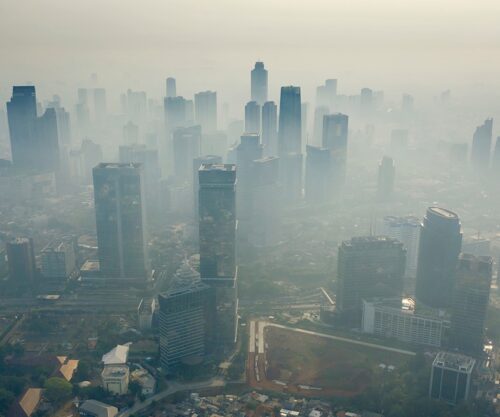On a report, the National Institute of Statistics and Economic Studies (INSEE) specifies that the decline is stronger than that recorded in previous critical periods for the country, such as the second quarter of 1968 (-5.2), during the protests in May and June, and the first fall of 2019 (-1.6), in full swing of the Yellow Vests social movement.
The negative evolution this time responds mainly to the paralysis of non-essential activities in the context of the implementation, since mid-March, of the quarantine aimed at containing the spread of the SARS-CoV-2 coronavirus.
The contraction confirms the recession in France’s economy, after it fell 0.1 percent in the last quarter of 2019.
INSEE’s report reflects that consumption spending in households decreased (-6.1), as did exports (-6.5) and imports (-5.9), while gross fixed capital formation made it even more pronounced (-11.8).
According to the institute, in general terms, final domestic demand, not counting inventories, fell sharply (-6.6 percent), foreign trade (-0.2) and changes in inventories did show positive behavior (+0,9).
France’s National Assembly approved a budget adjustment bill on April 18 to cope with the economic aftermaths of Covid-19 disease, a bill proposed by the government, which foresees a 2020 drop in GDP of eight percent, a public deficit of nine percent and a debt of 115 percent.
It also includes an emergency package for 110 billion euros, in which 24 billion stand out to accompany the partial unemployment situation, 20 billion to recapitalize strategic companies and seven billion from the solidarity fund in favor of very small companies and independent merchants.
sus/omr/mem/wmr























